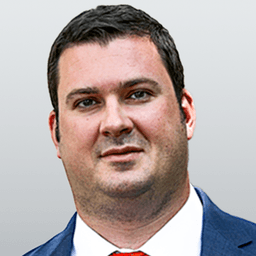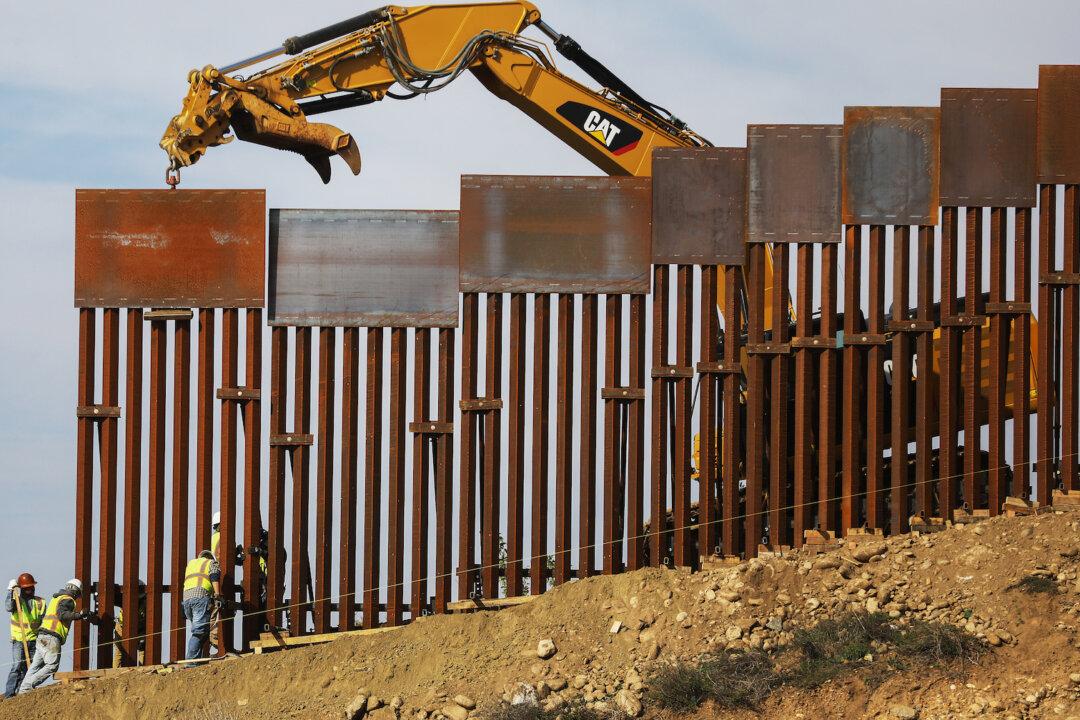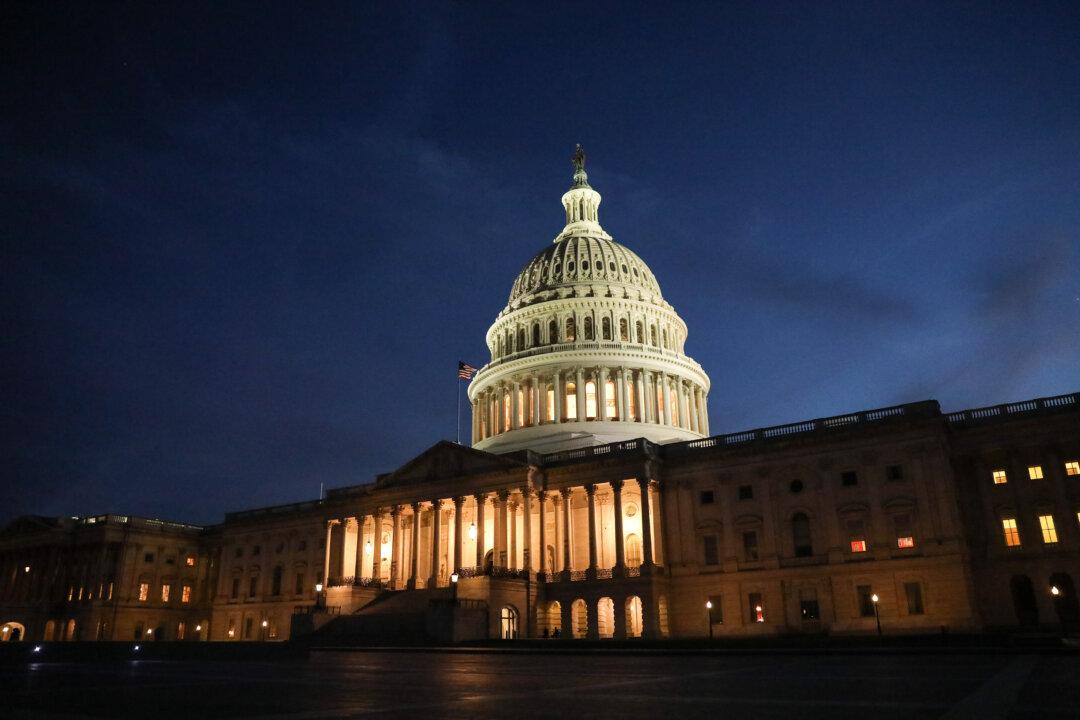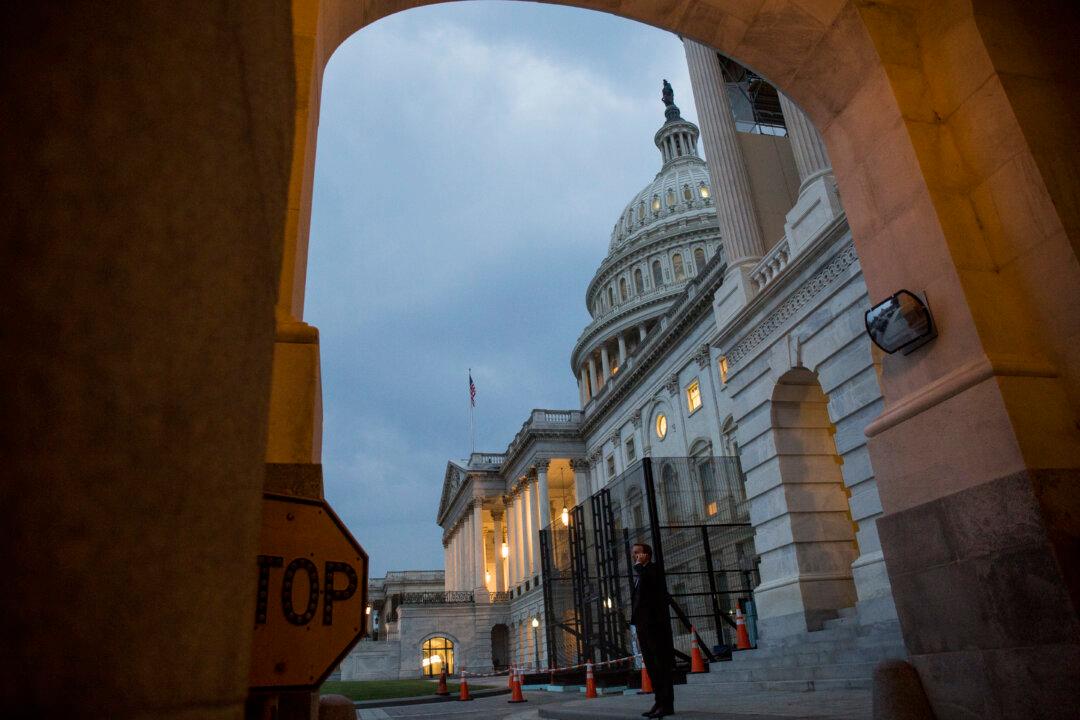Before and after the start of Donald Trump’s presidency, Obama- and Clinton-aligned politicos took the positions, which are not U.S. government jobs but generally are the result of lobbying by U.S. officials. Many are entitled to keep the jobs indefinitely once they’re in them. Tensions between the Trump administration and employees in the foreign service and international organizations—including some who serve at the pleasure of the president—have repeatedly come to the fore in recent weeks.
US News
Featured
Obama, Clinton Alumni Serve at UN, Continuing Liberal Influence Over International Affairs During Trump Era
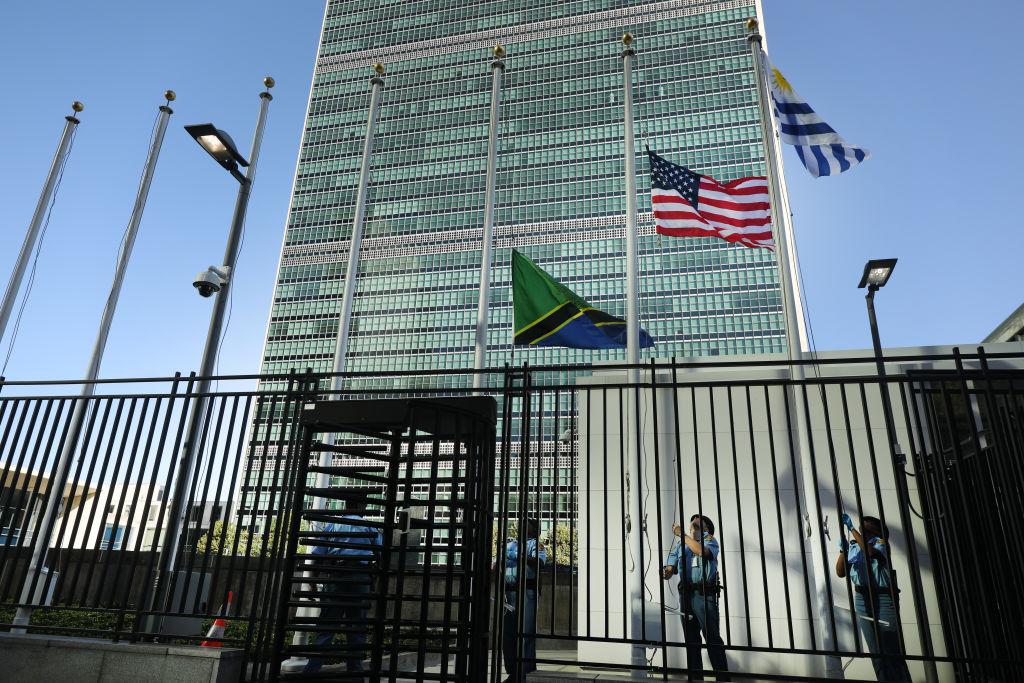
The United Nations (UN) headquarters stands in Manhattan in New York City on Sept. 19, 2019. Spencer Platt/Getty Images
|Updated:
